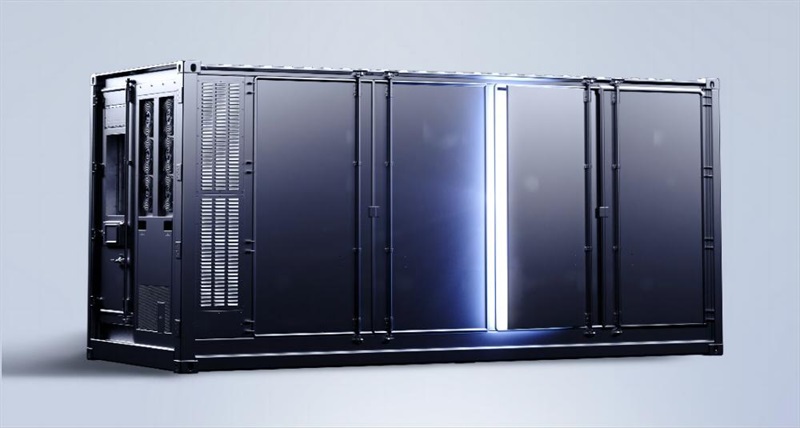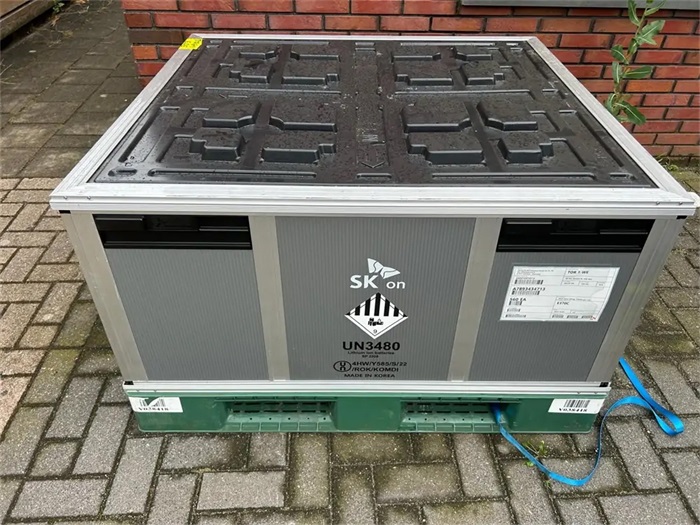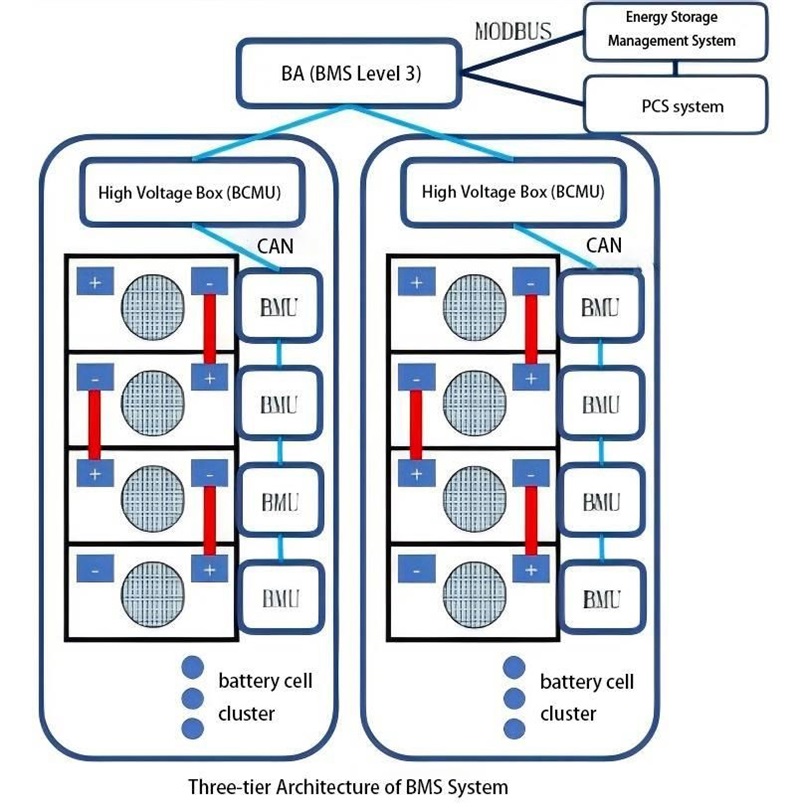Characteristic Advantages of CATL Tener Energy Battery Storage Container System
Tener, a new energy storage product released by CATL, is a standard 20-foot container energy storage system. The energy storage system can achieve zero capacity attenuation in the first five years and zero power attenuation in the first five years. Product lithium battery life is no longer diving, achieving 15,000 laboratory cycles.

Main characteristics
1. Ultra-low attenuation: Tener CATL claims that the battery of Tener BESS will not suffer capacity attenuation in the first five years. This is thanks to CATL's cutting-edge battery technology, which ensures long-term battery stability.
2. High energy density: The energy density of Tener BESS is 430 Wh/L, which is an important milestone in the application of lithium iron phosphate (LFP) batteries in energy storage. This means that each 20-foot container can store 6.25 MWh of energy.
3. Ultimate safety: Tener BESS uses a specially designed quality management system, and the battery failure rate is less than 0.0000001%. This makes it a very safe and reliable energy storage solution.
In addition to this, it also includes:
· Super Fast Charge: The Tener BESS battery supports fast charging and can charge from 0 to 100% in 25 minutes. This makes it ideal for applications that require a quick recharge, such as electric vehicle charging stations and microgrids.
· Wide temperature range: Tener BESS batteries can operate in a wide temperature range from -30°C to 55°C, which allows them to be used in a variety of climatic conditions.
· Environmentally friendly: Tener BESS batteries do not contain toxic heavy metals such as cobalt and nickel, making the production process more environmentally friendly.
· Modular design: Tener BESS batteries have a modular design that allows flexible expansion of capacity as needed for easy installation and maintenance
Main characteristics advantage
1. The brightest thing about Tener is its ultra-low attenuation. It can be seen from many overseas media that many people are dubious about the five-year zero attenuation of propaganda in the Ningde era. Some people claim that if this is true, then the CATL must have found the secret of lithium battery aging.
Personally believe that with the status of CATL in the battery industry, there is no reason to do particularly exaggerated false publicity. Although the actual use is unlikely to have a technical 100% zero attenuation, it greatly improves the average service life of the energy storage battery, which is certain. For the energy storage system, the service life of the battery determines the operation and maintenance cost of the whole system. For the development of energy storage, the only thing that can be called an obstacle is cost. Any technology that can greatly reduce costs is a good technology.
2. The energy density is greatly improved. In contrast to Tesla's largest MEGAPACK 4XL version, the same standard size container, Tener has achieved 6.25MWh, more than 50% higher than Tesla's products.
3. Personally more optimistic about CATL in fast charging speed, wide temperature range and extremely high safety, environmental protection efforts. This is to solve the European and American battery industry and even the public's biggest concerns about lithium batteries. Only by doing products that meet or even exceed market expectations can we achieve a mature and viable enterprise.
4. Ultra-low attenuation, ultra-high cycle times, Tener has left the scope of application of traditional battery energy storage, into the field of long-term energy storage. A few days ago the development of long-term energy storage, traditional long-term energy storage technology is too slow to keep up with market demand, and more and more long-term energy storage projects began to try to use battery energy storage. Tener's new feature is a bit of a knockout

